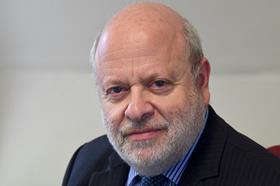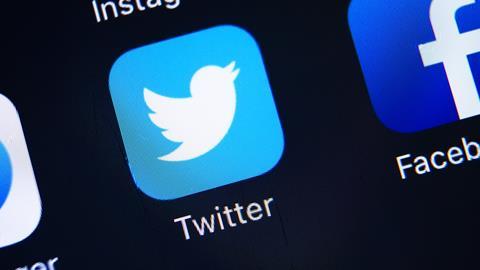It is interesting how many of the current big stories revolve around the law, and often around the procedures of a law suit: Prince Andrew, Ghislaine Maxwell, Novak Djokovic, the Colston Four, and of course our own merry Partygate.

As a result, instant good advice on Twitter is a lifesaver for journalists, and for those who just want to keep up with legal perspectives. Thank you to the lawyers who specialise in tweeting out legal content on stories of the day, sometimes their own, but often from other lawyers.
For Prince Andrew and Ghislaine Maxwell, specialists in a particular branch of US litigation are required. For Novak Djokovic, it is Australian immigration law and procedure. But you don’t have to go to US or Australian Twitter accounts to find them. UK lawyers bring some of it together for you. However, every lawyer has his or her own Twitter interest, and you need to follow many to keep abreast universally.
Partygate has its own experts. For instance, there are those who are extremely knowledgeable about what the coronavirus rules and guidance said at any particular time over the months of the parties, and those who give excellent insights into the Sue Gray enquiry, on which the future of the universe hangs.
For the Colston Four and many other developments around the criminal law, there is the ubiquitous Secret Barrister.
But there are broader legal controversies. There is the expert on the rule of law breakdown in Poland, and the expert on many things EU. You get the drift. It is all available on Twitter, and a judicious selection will you give you the world’s best legal perspectives.
There is a further aspect of Legal Twitter which is even more intriguing – the calls out to the legal community for help.
Legal Twitter has its own hashtag. If you look at #LegalTwitter, you will find people asking for legal advice all the time, which others (sometimes) answer. I have just looked up the latest, and there is an entertaining selection. But you have to be good at guessing what initials and certain words stand for:
- ‘Is that a plausible tactic to defend Jan 6th insurrectionists, just claim they were all so nuts they really believed they were doing the right thing, and therefore NGRI?’ (‘not guilty by reason of insanity’ – I looked it up);
- ‘Who owns copyright in a tattoo sef? The Tattoo Artist or the Client??’ (I look forward to receiving advice on the meaning of ‘sef’, whose meaning I could not track down);
- ‘If the @metpoliceuk won't take action, when the evidence is in the public domain re: #PartyGate what other investigative organisations are deemed appropriate for the @cpsuk to prosecute the criminal cases?’ (I understood all the abbreviations first time);
- ‘Can I sue my boss for not disclosing her positive Covid status?’
People also ask for recommendations for specialist lawyers on Twitter (‘Any recommendations for international divorce (high net worth) lawyers who have a good understanding of the dynamics of DA‘ (DA = ‘decree absolute’? I doubt it; ‘domestic abuse’? That’s more like it); for help with finding academic papers; for law firm management tips (‘Do any of you use apps to capture time recording? If so, which ones please?’); and so on.
Of course, you could just stay on #legaltwitter all the time, but there is a lot of trash on there - and the hashtag is in any case used only rarely by the real legal tweeters. What is needed is for someone to combine all the useful legal tweets into one account. Well, it would have to be several accounts, so that jurisdictions and areas of law were separately and comprehensively covered. This would save us the time of following a million accounts to come up with the occasional gem.
It would be hard work. Even just the mention of the few experts I have mentioned here – and there are many, many more – shows how you must spend all day and night scrolling through your phone to find out what is happening. Most people make choices, which inevitably mean cutting oneself off from an even richer resource.
It seems hard to monetise Twitter, which may explain why no-one has yet done that, and so become like one of those YouTubers who rake in the millions. (I fully expect some smart aleck to tell me that such a Twitter account already exists, and that I just don’t know about it.)
But there is a wider point, which is that Twitter has become a legal platform of its own: it dispenses the most useful advice for free, answers law firm management questions, serves as a find-a-lawyer service, and acts as a lawyer network, all in one. It is just that there is no separate legal space on it. Organising one could be beneficial, for us and the wider world.
Jonathan Goldsmith is Law Society Council member for EU and international matters and a former secretary general of the Council of Bars and Law Societies of Europe. All views expressed are personal and are not made in his capacity as a Law Society Council member, nor on behalf of the Law Society
































4 Readers' comments